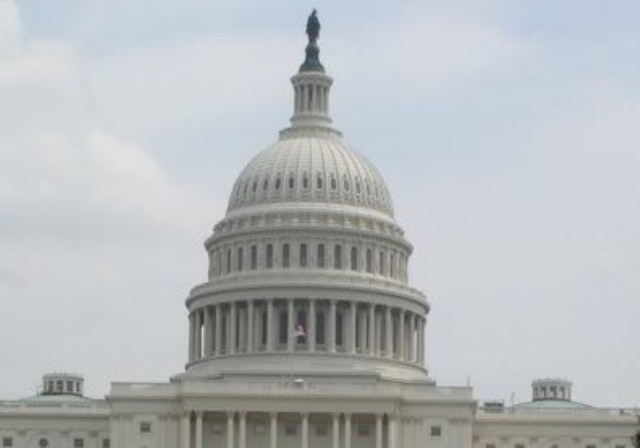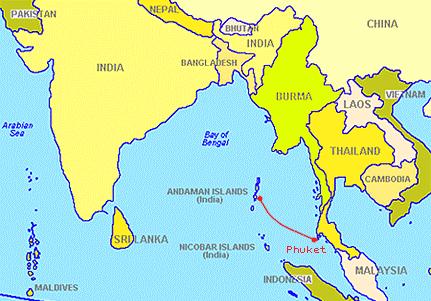Ethnic Issues Featured at US Congressional Hearing

23 June 2011: The human rights issues faced by Burma’s ethnic nationalities were prominently highlighted during the US House Foreign Affairs Committee hearing yesterday in Washington D.C, which also featured a video-taped testimony of Burma’s democracy leader Aung San Suu Kyi, but whose historic address to the US Congress ironically snubbed ethnic issues.
The Committee’s hearing took place at the backdrop of new fightings that have erupted in Burma’s northern border between the Burma Army and Kachin Indepdendence Army, ending a 17-year-old armistice, which in recent days has sent thousands of ethnic Kachin civilians fleeing across the border into China. It also coincided with the visit to Burma by high-level delegation of the European Union and the Foreign Minister of India to Naypyidaw.
Testifying before the Committee were three prominent witnesses: Aung Din, Executive Director of Washington-based US Campaign for Burma; Dr. Chris Beyrer, a Burma expert and Driector of the Center for Public Health and Human Rights, Johns Hopkins Bloomberg School of Public Health; and Aung San Suu Kyi, who addressed the Committee via pre-recorded video.
The Chin Human Rights Organization (CHRO) also made a written submission to the hearing, which was entered into the official Congressional record. In it, CHRO highlighted the post-election situation in western Burma’s Chin State, where it said human rights abuses continue unabated. CHRO said that the flawed election has allowed army officers associated with past serious human rights abuses to occupy some important positions at the State level government.
In his testimony, Chris Beyrer said that despite Burma’s sham election in November 2010 nothing has changed in that country. Drawing on recent examples from Chin, Kachin, Karen and Shan States, Dr. Beyrer concluded that the human rights and humanitarian situation can only be effectively addressed by having a mechansim of accountability through the establishment of the UN Commission of Inquiry.
“The US should vigorously support a UN Commission of Inquiry into human rights abuses in the country,” Dr. Beyrer said.
Beyrer cited specific examples why an international investigation is needed.
“Our recent joint Physicians for Human Rights and Johns Hopkins study, a population-based survey in western Burma’s Chin State, found that 91.7% of households had at least one family member forced to labor for the military in the preceding 12 months (March 2009-March 2010). That is the highest rate we have ever identified in Burma. Religious persecution was reported by 14% of households, disappearance of a family member by 4.8%, torture by 3.8%, and rape by 2.8%. Government soldiers committed 98.3% of abuses.”
Dismissing any suggestion that there is reason to be hopeful with the quasi-civilian government in Burma, Aung Din cautioned against an open-ended engagement and ‘wait-and-see’ policy towards Burma.
“Instead of applying collective and effective pressure on the regime, the international community has wasted many years by waiting, hoping, dividing, debating, and doing nothing meaningful. Such an attitude needs to change.”
Urging the United States to continue to lend its support to the cause of democracy in Burma, the 1991 Nobel Peace Laureate Aung San Suu Kyi said the best way to help her country is for the international community to stand behind the recent United Nations Human Rights Council’s resolution, which she said encompassed some of the most important steps needed for the realization of human rights and democracy in Burma.
“The resolution includes such very important issues as political prisoners, freedom of association and information, indepdendence of the judiciary and the right of professor Quintana, the UN Human Rights Special Rapporteur, to visit whenever he wishes… and an inclusive political process,” the 66-year-old leader said.
While the Human Rights Council’s resolution already contained issues pertaining to the ethnic people, Suu Kyi however stopped short of making specific reference to the ethnic nationalities during her nearly 9 minutes recorded message.






